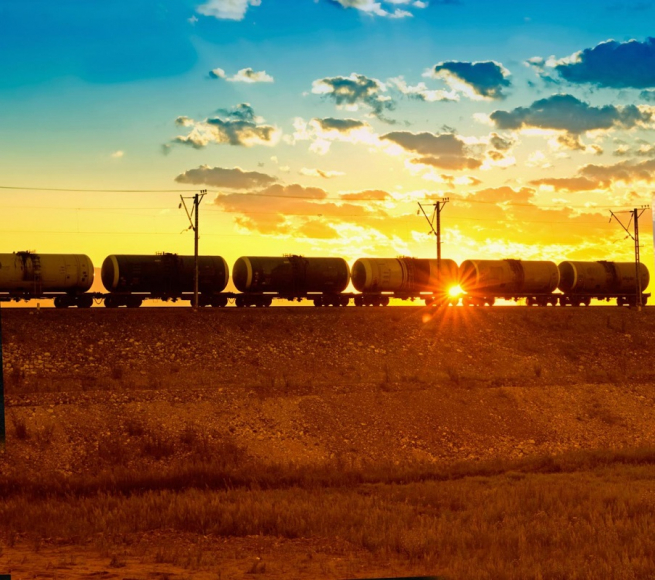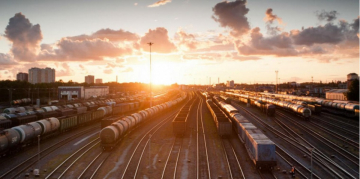Antea Group has been monitoring the changes around the country from states that are in the process of or have already developed regulations requiring railroads to write oil spill response plans (OSRPs) when they are transporting crude oil or other flammable materials.
We have also been working with the US Department of Transportation (USDOT) Pipeline and Hazardous Materials Safety Administration (PHMSA) to support their development of OSRP regulations at the federal level. Here’s a taste of what we have learned in the process.
Adjusted Timelines and Added Insights
While PHMSA had initially expected to have their OSRP regulations promulgated by mid-2017, the process has taken longer than scheduled. Currently, PHMSA has an internal draft of their OSRP regulations, but these have not yet been made available to the public. However, PHMSA has reached out to Antea Group to garner feedback on how the state OSRPs have been going and to see what lessons we learned in the process of supporting our rail clients.
Some of our comments included those highlighted in our last blog on the topic, including helping protect the railroads from OSROs (Oil Spill Response Organizations) who could take advantage of the regulations. We also recommended that PHMSA provide a template like the State of Washington did to help standardize the process and make compliance easier. At this time it seems likely that PHMSA will promulgate its regulations in early 2018.
State Statuses: Who has Regulations in Place and Who Might Be Next
So far only four states have some form of regulations:
- California
- Washington
- Minnesota
- Maine (and Maine’s regulations only focus on storage rather than movement.)
Guidance has been provided by Arkansas, Massachusetts, and Rhode Island, although none of those states currently require OSRPs. However, there are several states that are likely to develop state-level regulations in the near future:
- Idaho
- Illinois
- New York
- Oklahoma
- Oregon
- Virginia
- Wisconsin
- Wyoming
All of these states have either tried to promulgate them in the past or were seriously considering it when the PHMSA announced their efforts. So at this time, they are in a wait-and-see position regarding the federal regulations. Depending on the quality of the final PHMSA rules, these states may do nothing. But several of the states – including Idaho, Illinois, and Oregon in particular – seem anxious to pass something at the state level if they do not consider the PHMSA rules sufficient. Even Maine is considering expanding its current regulations to consider the movement of crude unit trains.
Railroads Are Doing All Right
It was comforting to find that some of the states did not feel the need to pass state-level regulations because they felt that the railroads were already doing a fine job of preparing themselves in the event of a spill. Alabama, Delaware, Georgia, Indiana, Georgia, Iowa, Mississippi, New York, and Wisconsin all expressed confidence in the railroads, and Alabama and Iowa in particular, noted that they had spent time coordinating with the railroads and found their level of preparedness so good that they did not feel any additional state regulations were needed.
Looking Forward to 2018
Antea Group will continue to monitor the development of further requirements in other states across the country and the final promulgation of the PHMSA regulations as we enter 2018. Over the next five years, we expect several of the states noted above to follow through on their efforts to pass state-level regulations, especially Oregon. As these develop, we will continue to keep you informed. In the meantime, your local Antea Group offices can help you comply with both state and federal regulations, whether you are a railroad carrying crude oil or a tank farm storing petroleum or agricultural oil products.
Please feel free to reach out to us to see how we can help you manage all aspects of your oil compliance program, and stay up-to-date on the latest in railroad industry news on our blog.
Want more news and insights like this?
Sign up for our monthly e-newsletter, The New Leaf. Our goal is to keep you updated, educated and even a bit entertained as it relates to all things EHS and sustainability.
Get e-NewsletterHave any questions?
Contact us to discuss your environment, health, safety and sustainability needs today.




